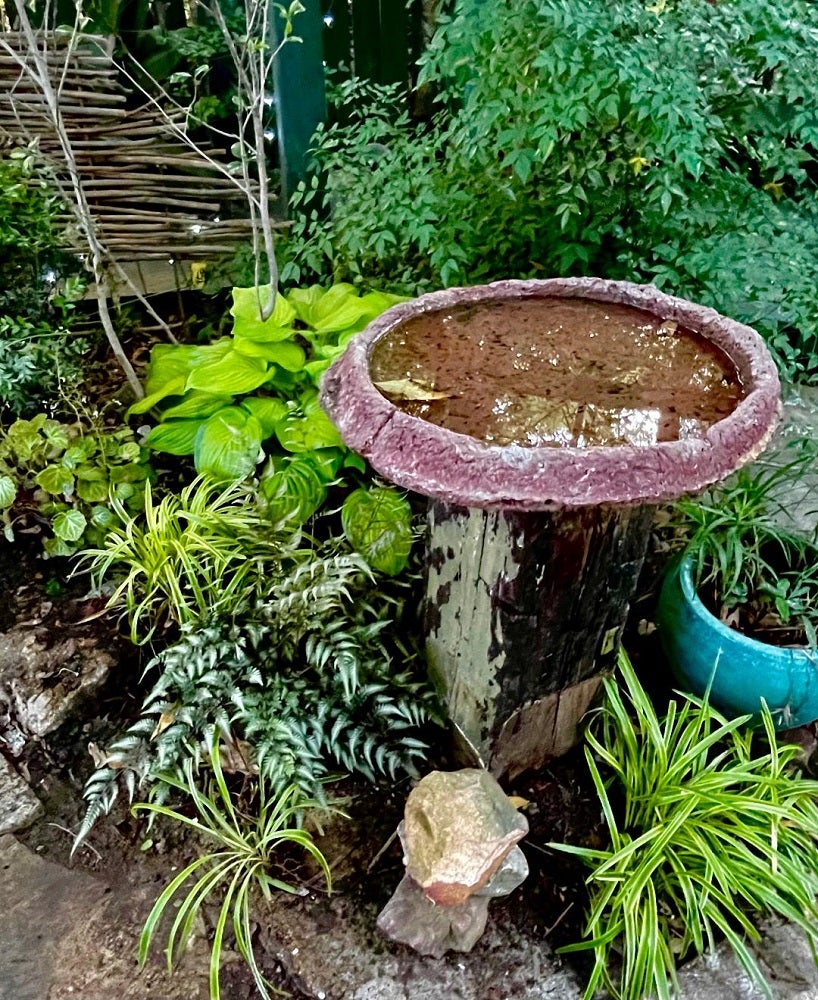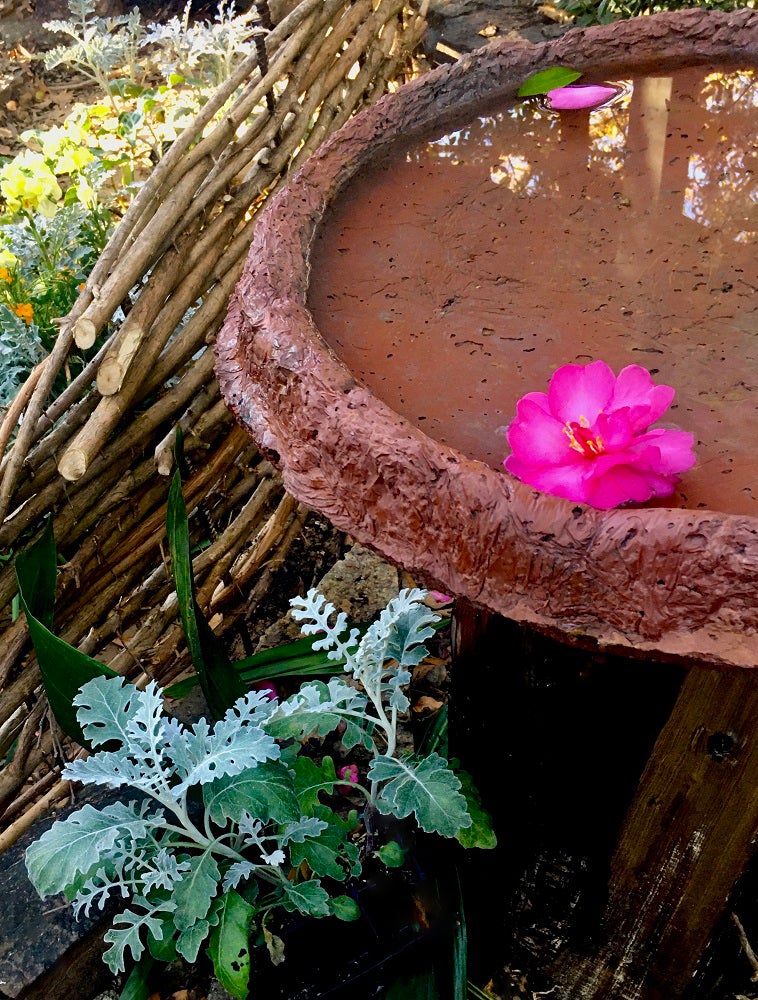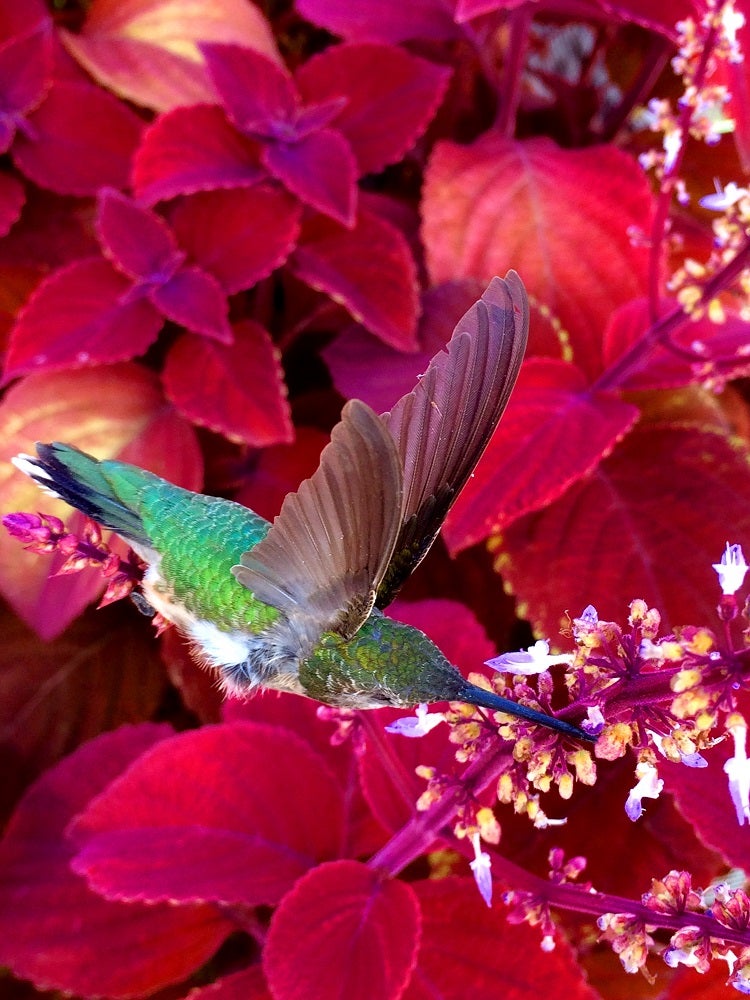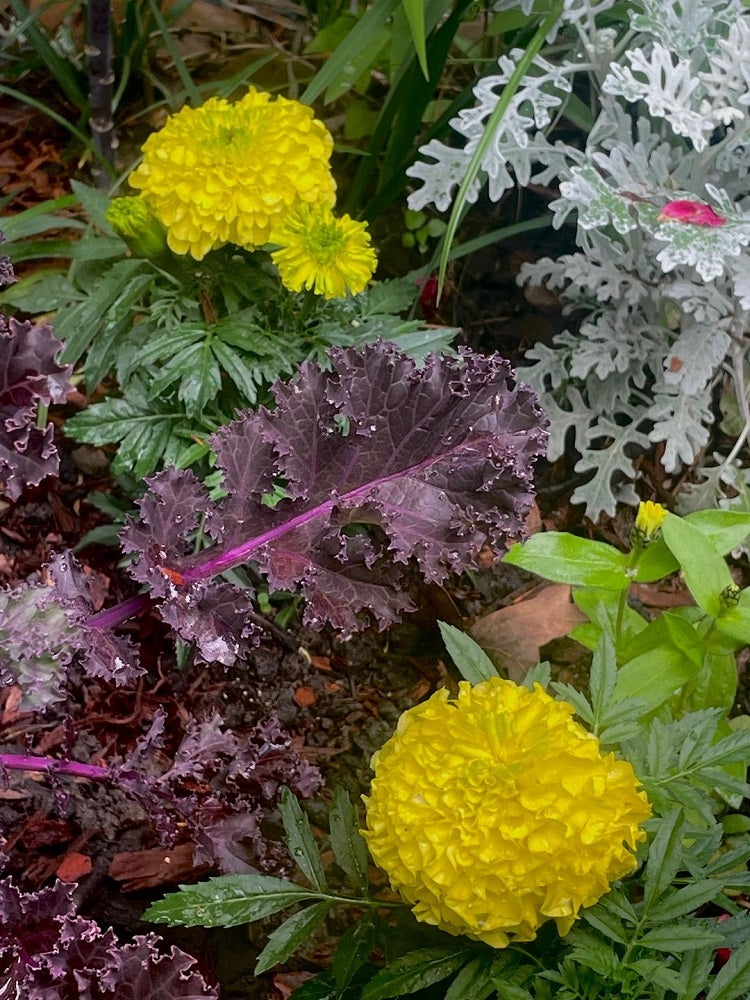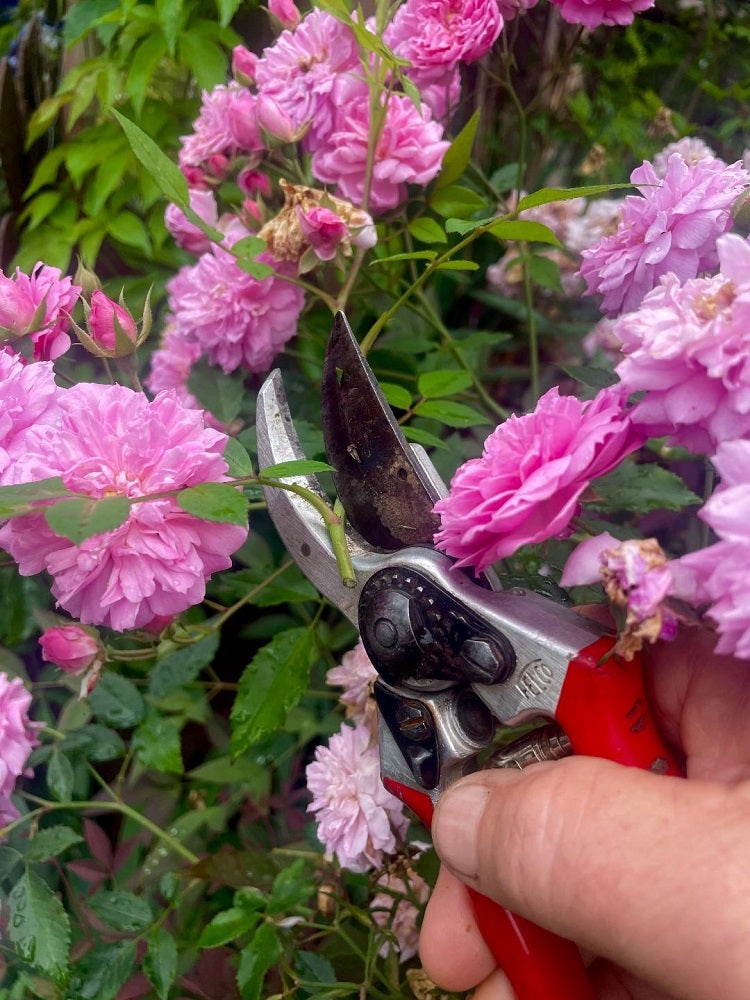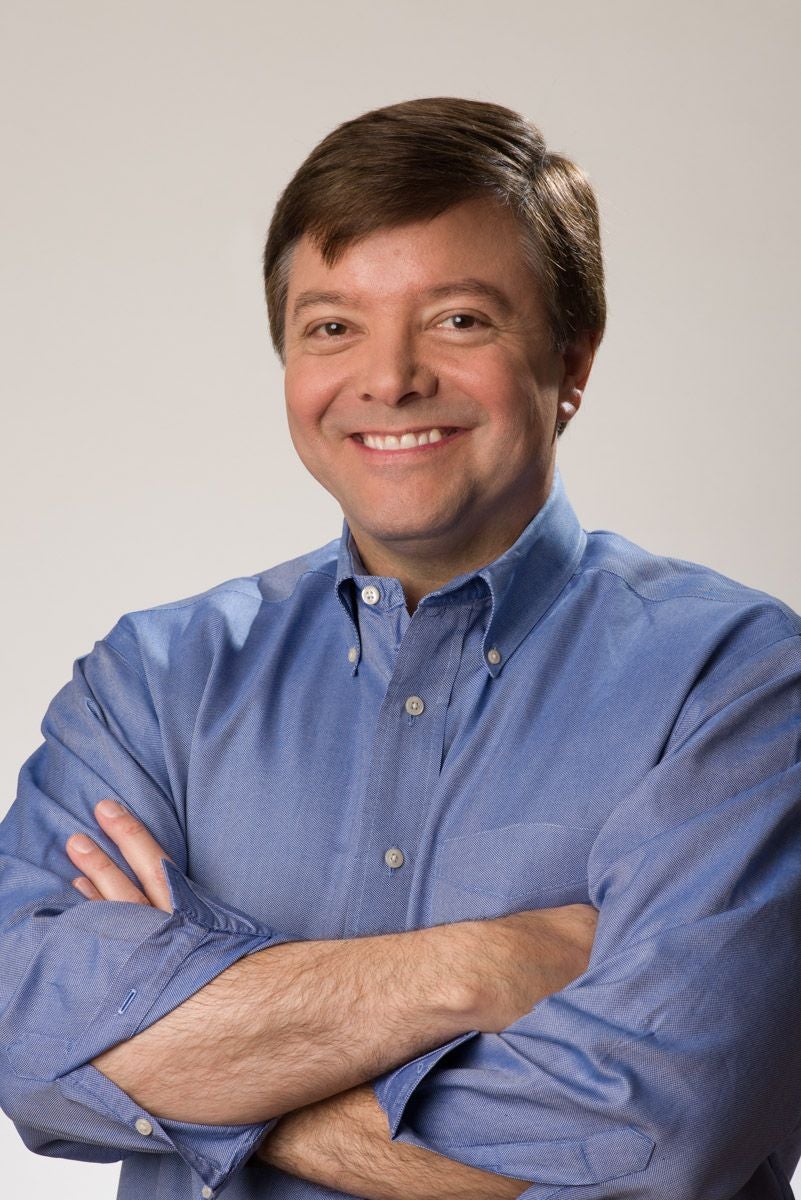Gardeners gonna do what gardeners gonna do
Published 5:30 am Monday, May 15, 2023
|
Getting your Trinity Audio player ready...
|
Gardeners gonna do what gardeners gonna do. And I’m not here to try stopping anyone from following their own hopeful bliss, however they choose.
But there is a lot of garden misinformation floating around, once spread by word of mouth, now shrilly amplified on the internet. Some of it is even promoted on official sites by otherwise learned horticulturists who repeat memes rather than do their homework.
Me, I question everything. Every. Thing.
Much of these practices are harmless; for example, it doesn’t actually hurt anything to plant by moon phases. Some popular opinions are based on grains of truth, however sketchy or taken out of context, which can make them worth debating. But some are downright wrong and can have unintended consequences.
Rather than explain what’s behind each of these, or get into a yah-yah with anyone with an agenda wanting to split hairs, let me share just a few of the most common overblown myths that we horticulturists hear and read all the time, which are thoroughly debunked by reliable, replicable, non-cherry-picked research. Hold onto your hat, some of this is not going to sit well with some of you.
Aromatic plants out in the garden don’t deter mosquitoes. Purple martins don’t eat mosquitoes, lime and mothballs don’t keep snakes away, moles don’t eat peanuts, and marigolds don’t repel insects from other plants. Predator urine doesn’t faze deer for long. Killing grubs doesn’t make moles leave. Bird baths don’t contribute significantly to mosquito populations.
You don’t need to prune roses above an outward facing five-leaflet leaf. Rusty nails only put holes in plants. Weed and feed is not a good combination product. Low-growing flowering weeds in the lawn are not bad. Corn meal is not a great weed killer. Lawns do not need watering every week.
Gravel in the bottoms of pots doesn’t help with drainage. Young trees don’t need staking; you don’t need to add a lot of stuff to native dirt when planting trees and shrubs. Pruning paints/sealants are only cosmetic. Compost doesn’t need to be turned or aerated, and it’s okay to put meat in (just bury it deep). Fresh wood chip mulch does not pull nitrogen from the soil, and pine straw and bark don’t make soil acidic.
Epsom salts do nothing other than add magnesium to soils. Raw or crushed eggshells don’t add calcium to soil or prevent blossom end rot; it takes dozens of expensive Tums to make a difference. More phosphorous doesn’t “make” more flowers or fruit. Bone meal alone is not a complete bulb food.
Cross pollination affects only seeds, not shape or quality of fruits or vegetables. Plants cannot tell the difference between organic and synthetic fertilizers and don’t taste better one way or the other. Double digging is not beneficial in our climate.
Goldenrod does not cause allergies. Native plants aren’t always best, or even best for pollinators. Roundup used responsibly won’t give you cancer. Nandina berries and tropical milkweed aren’t killing off our birds and butterflies. Fire ants don’t eat grits.
Most companion plants are hearsay myths. Pressure treated wood does not poison plants or soil. Hummingbirds don’t need red flowers. Organic seeds are not superior. Sand does not make clay a better soil. Misting doesn’t help houseplants. Wild strawberries aren’t poisonous. And finally, pruning crape myrtles is okay.
There are more! But don’t take my word, just please understand that I dig deep when seeking horticultural truth. And while I am always relieved when learning new information changes my mind, I require it to be backed by real science. Meanwhile, don’t shoot this earnest, forthright messenger.
—–
Felder Rushing is a Mississippi author, columnist, and host of the “Gestalt Gardener” on MPB
Think Radio. Email gardening questions to rushingfelder@yahoo.com.


